
 |
|
|
Vegetables
Volume 59 Number 16 Date 08/21/2014 SQUASH BUG - Growers of melons, pumpkins and squash should continue to inspect plants for squash bug adults, nymphs and eggs as fruits ripen. Most crops have matured beyond the critical period of control (seedling and flowering stages), but squash bug feeding is expected to continue throughout fall, causing aesthetic damage and, in extreme cases, killing plants. Late-season control consists of disposing of cucurbit foliage and plant debris around the garden to eliminate overwintering sites and help reduce next year's squash bug population. TOMATO FRUITWORM - Tomatoes are at increased risk of egg deposition and larval infestation by this pest as more of the state's sweet corn matures beyond the green silk stage and no longer provides attractive egg laying sites. The female moths lay eggs near green fruits and the larvae rapidly enter tomatoes from the stem end, consuming the interior and leaving a cavity filled with fluid and droppings. Fruits are inedible after fruitworm infestation and should be removed and discarded. LATE BLIGHT - Continued monitoring of plants for signs of infection and regular treatment of infected fields on a five- to seven-day schedule is advised in order to prevent this disease from spreading to additional tomato and potato crops as harvest begins. Four separate cases of late blight have been confirmed in the counties of Milwaukee (tomato), Portage (potato, two fields) and Racine (tomato) as of August 20. ONION MAGGOT - Third-generation maggots are feeding on cull onions and bulbs left behind in fields. Onion growers should remove all cull piles and thoroughly clean fields to reduce overwintering populations. Rotation to a non-host crop is recommended for fields with a history of onion maggot problems. -- Krista Hamilton, DATCP Entomologist 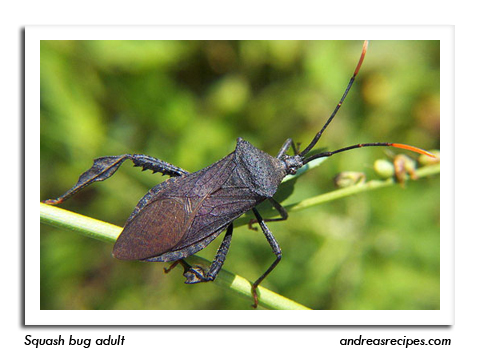
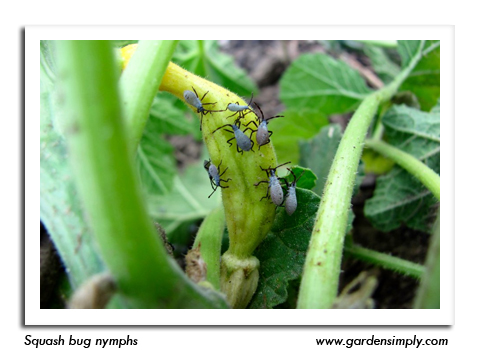
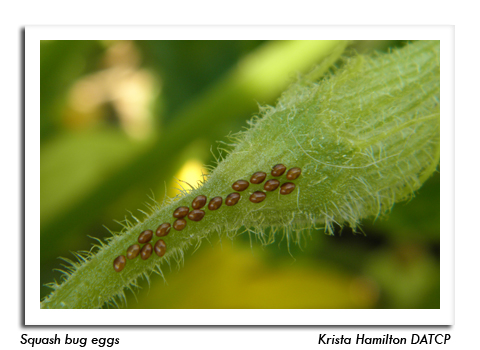
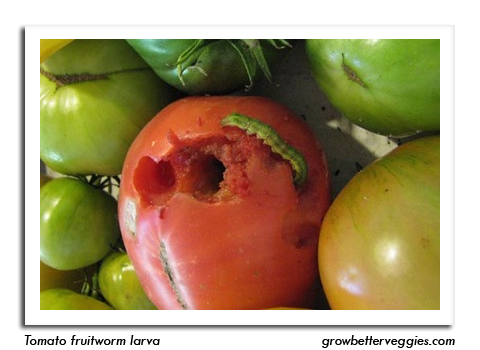
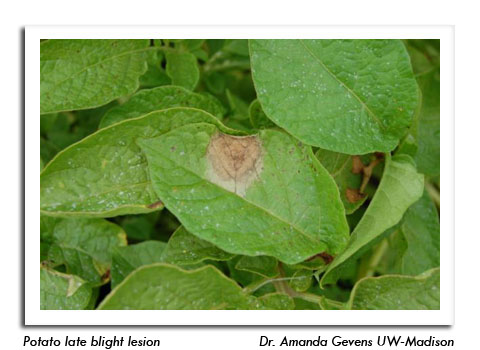
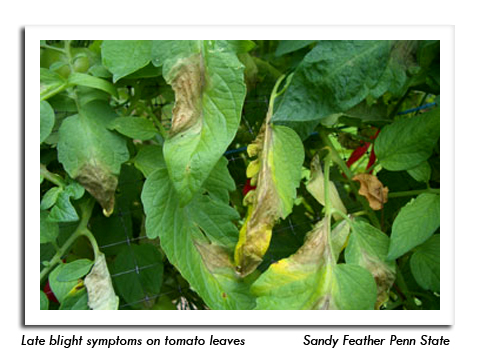
|
|
|